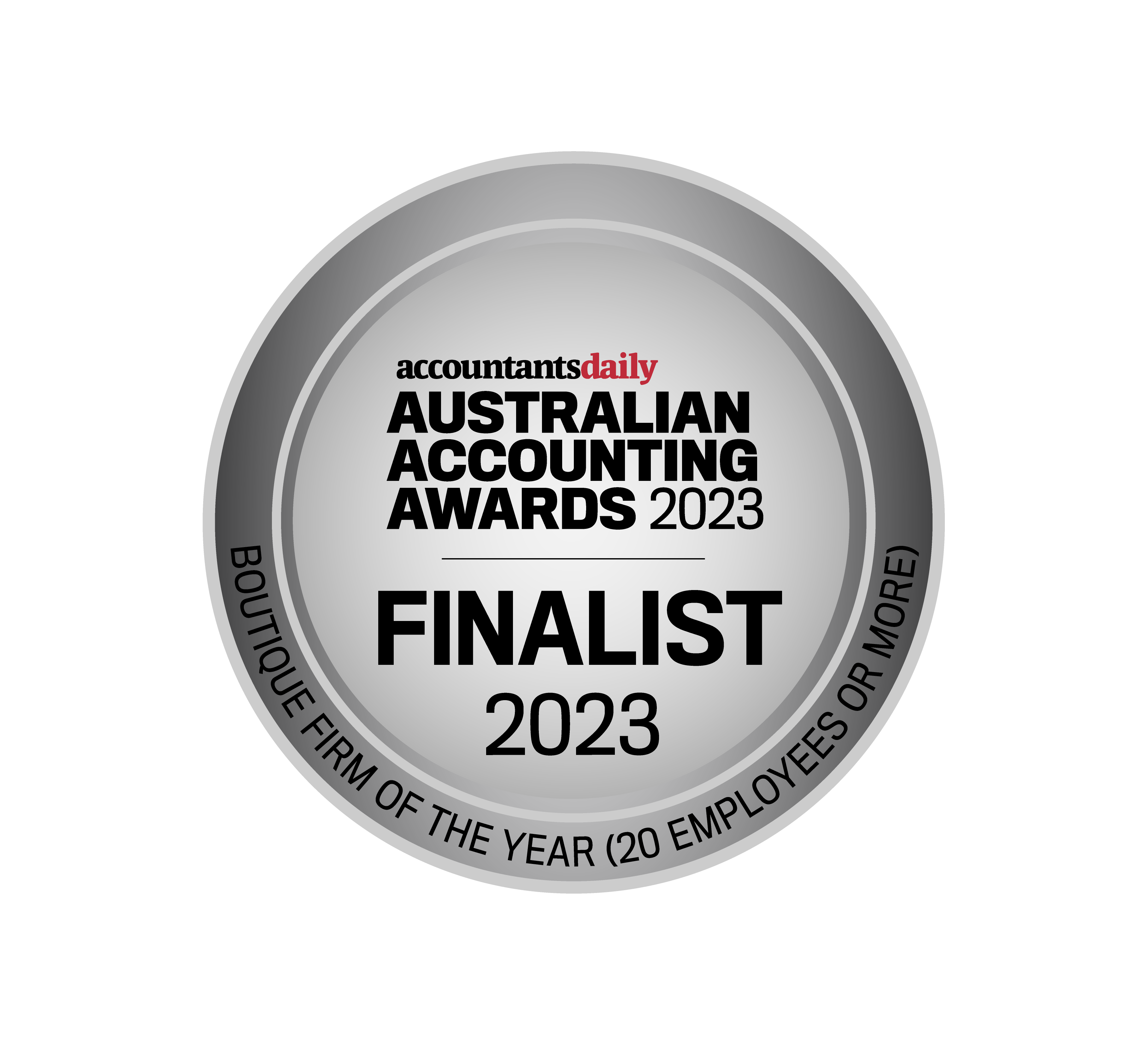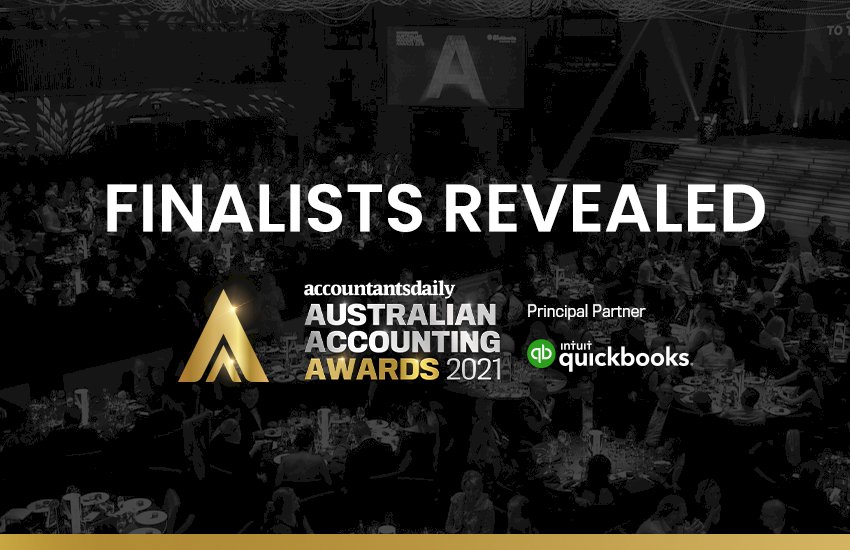You have a brilliant idea and you are convinced that it is going to be a real money maker. There is a gap in the market and your business is going to fill it. But, when talking to your friend about it, his response was, “a start-up? Is that a good idea?”
Is your business a small business or a start-up and how can you tell the difference?
We’ve identified three key differences between the two: the rate of growth, the finance and the nature of the idea.
1. Rate of Growth
The most significant difference between the two is that start-ups focus on fast growth. They are focused on scaling the business and growing it quickly – often as fast as possible. This is due to many start-ups being tech driven (for increased efficiency). A traditional small business’s growth is comparatively more limited, often by the product or service itself and perhaps by its geographic location. Small business don’t often prioritise tech, making growth via automation a challenge, depending instead on more regular means of business growth.
2. The Finance
Start-ups tend to be dynamic and innovative, obtaining finance though external funding to accelerate growth. The result? Start-ups choosing to be funded until they generate their own revenue and become profitable. The most common avenues of funding pursued by start-ups, include, raising capital from ‘angels’ (individuals who provide capital in exchange for convertible debt or ownership equity), investors, and venture capitalists. When seeking equity funding (giving away options or shares in the business), start-up founders may have to consider how investor money will impact on their ownership of the business. Don’t forget the risk involved – it may take start-ups years to generate a profit.
Small businesses tend not to rely on raising funds from investors. They are often self-funded or financed from family, friends, or a bank loan. Unlike start-ups, the priority of a small business is to generate regular income, with less risk.
3. Nature of the Idea
The very character of a start-up is different to a small business. Start-ups tend to produce or operate on products or services that do not yet exist, or attempt to drastically change the delivery of a particular good or service in an industry. A small business is more likely to provide traditional goods and services (but this is not always the case), for example, grocery stores, travel agents and hairdressers.
What Should You Take From This?
Start-ups appear much riskier than small businesses, which are quite risk averse.
Take some time to think about what you want from your business – both in the short term and long term – and consider seeking legal advice if you have any uncertainties.
At Propel Business Group, our team of advisers can help you decide what form you would like to take, and will show you how to achieve success.
How can we help?
Fields marked with an * are required
"*" indicates required fields

Our Locations
Stirling
Suite 6, 36 Cedric Street
Stirling WA 6021 (08) 9440 7100
businessgrowth@propelbg.com.au
South Perth
Suite 50, 15 Labouchere Road
South Perth WA 6151 (08) 9474 3355
businessgrowth@propelbg.com.au
Karratha
Unit 4 / 16 Hedland Place
Karratha WA 6714 (08) 9144 1066
businessgrowth@propelbg.com.au



